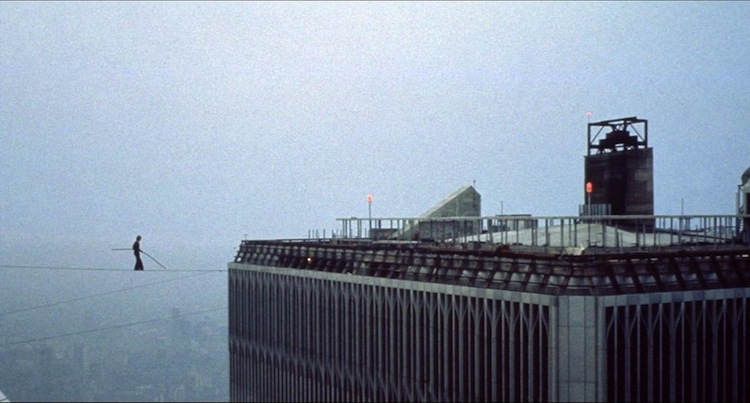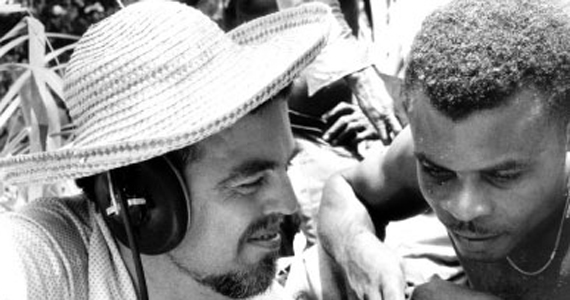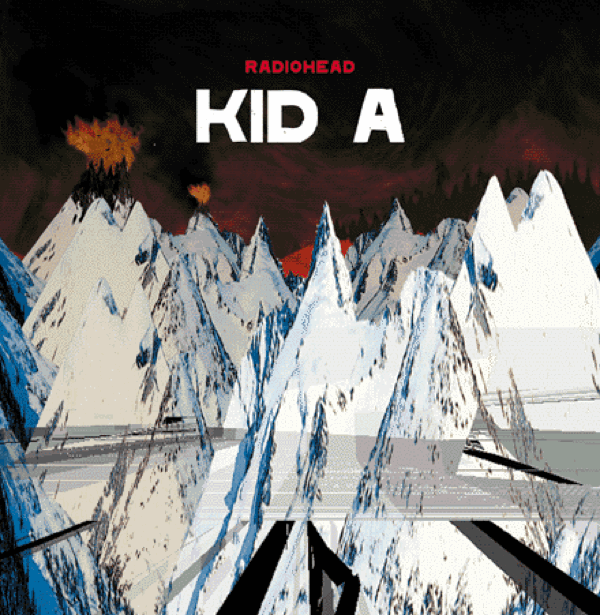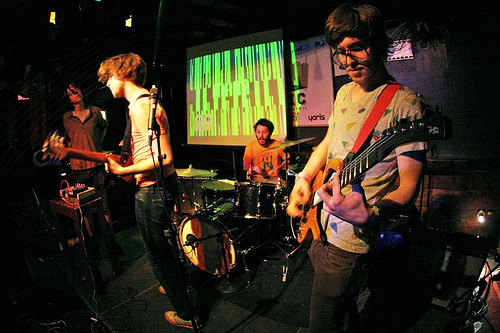I have an interview with the mighty Squarepusher, jazz bassist and musical programming geek par excellence [PDF], in issue #89 of the wonderful audio production magazine Tape Op.
Do you feel that you program like a musician or play like a programmer?
People will talk about “playing with feeling,” but what someone might describe as “feeling” is a particular kind of idiom to me. There are guidelines, and the people who do it most convincingly would probably brush away any kind of suggestion that they’re following guidelines. For a while I was trying to extract that – I was trying to play like a robot, with no feeling whatsoever; to extract all conventional idioms and make it sound totally mechanical, like a sequencer. One of the first things I did in order to achieve that was [record at half-speed and then speed it up], because it completely interferes with human fallibility regarding timing. The whole thing just goes unnaturally tight. That was governed by the influence of programming on my playing, but it’s not the only example. My album Hard Normal Daddy was an example of the process going the other way, trying to program like a player.
Tape Op is awesome, so if you do not already have a free subscription, please sign up immediately. Squarepusher is also awesome, of course; if you have no idea why I’m so excited about this, start with the material I collected in the cheat sheet addendum.









